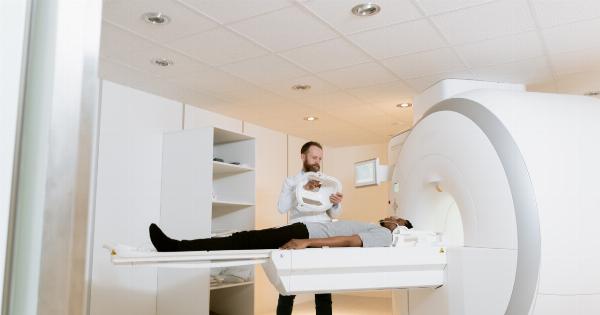The use of digital devices, such as smartphones and computers, has increased dramatically in recent years. With this increased usage comes concern about the effects of the blue light emitted by these devices on our health.
However, recent research has shown that blue light poses no significant threat to our health.
Understanding Blue Light
Blue light is a type of light with a short wavelength, which means it produces higher amounts of energy. This type of light is found in natural sunlight, but it is also emitted by many electronic devices, such as smartphones, laptops, and tablets.
One of the concerns about blue light is that it can disrupt the body’s natural sleep-wake cycle. When exposed to blue light, the body’s production of a hormone called melatonin is suppressed, which can make it harder to fall asleep.
The Controversy Surrounding Blue Light
The controversy surrounding blue light stems from concerns about its potential to cause eye damage and increase the risk of developing certain health conditions.
One of the most commonly cited concerns is that blue light can cause damage to the retina, which is the part of the eye that is responsible for converting light into visual images.
However, research has shown that the levels of blue light emitted by electronic devices are not high enough to cause any significant damage to the retina.
Another concern is that blue light exposure may increase the risk of developing certain types of cancer, such as breast and prostate cancer. However, studies have not found any conclusive evidence to support this claim.
Evaluating the Evidence
Despite the controversy surrounding blue light, many experts argue that the evidence does not support the claims of its harmful effects.
A review of the research on blue light and health, published in the journal Environmental Health Perspectives, concluded that there is no consistent evidence to suggest that blue light exposure from electronic devices poses a significant risk to human health.
Similarly, the American Medical Association has stated that there is currently no evidence to support the idea that blue light from electronic devices causes damage to the eyes or increases the risk of cancer.
Protecting Your Eyes From Blue Light
While blue light is not a significant threat to our health, it is still important to protect our eyes from prolonged exposure to it. Here are some things you can do to reduce your blue light exposure:.
- Use a blue light filter on electronic devices
- Take regular breaks from electronic devices
- Minimize exposure to electronic devices before bed to avoid disrupting sleep
- Wear sunglasses with blue-blocking lenses
The Bottom Line
While the controversy surrounding blue light has caused concern among many people, the evidence does not support the idea that it poses a significant threat to our health.
However, it is still important to take steps to protect our eyes from prolonged exposure to blue light, such as using a filter or taking regular breaks from electronic devices.





























